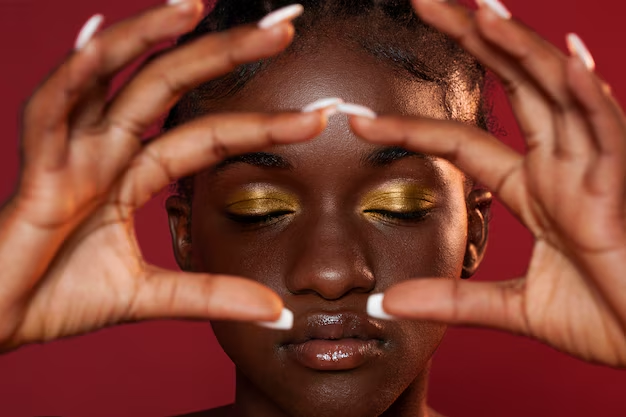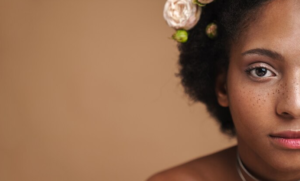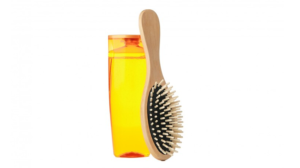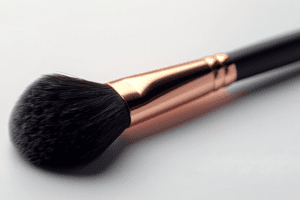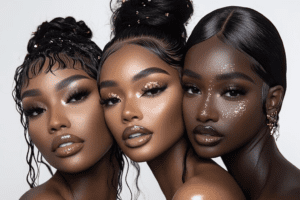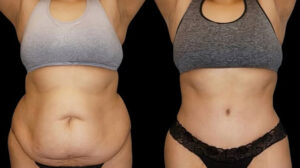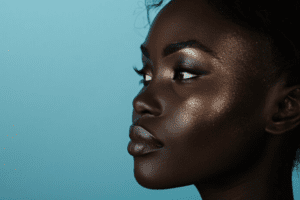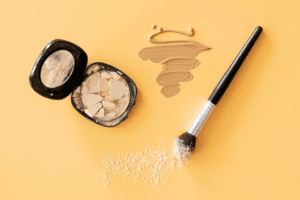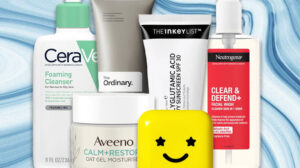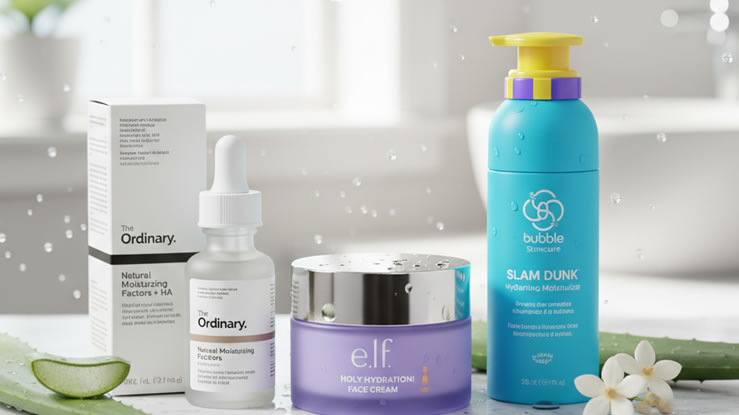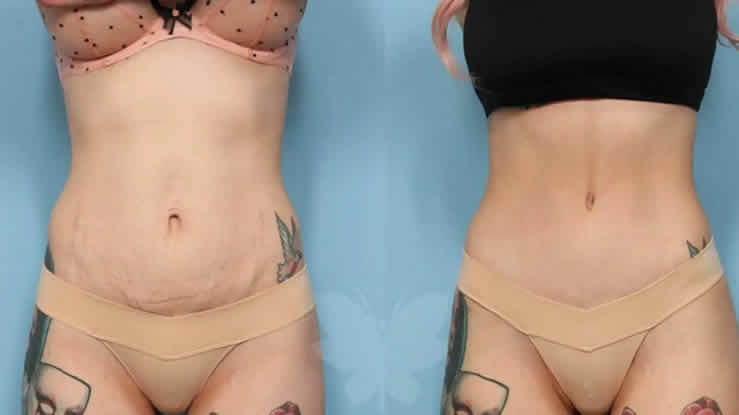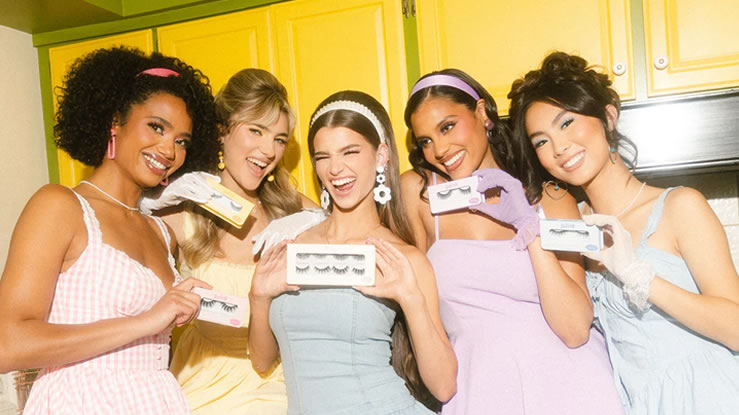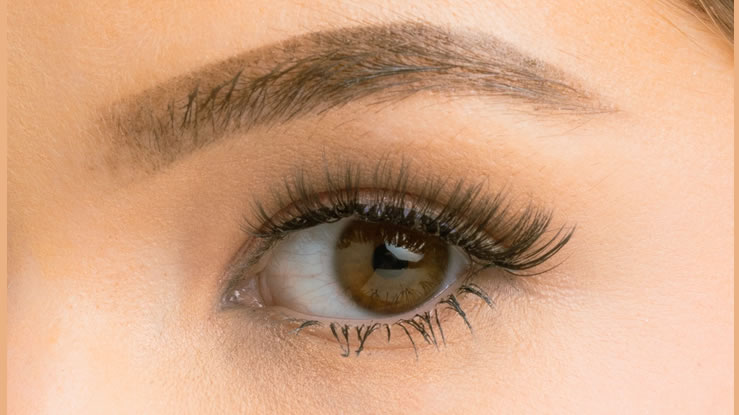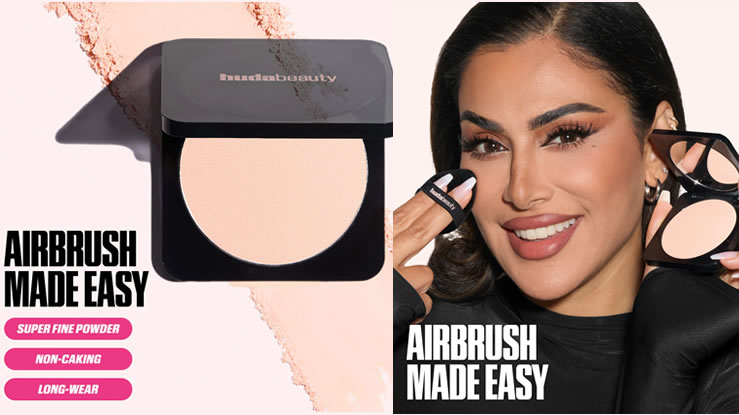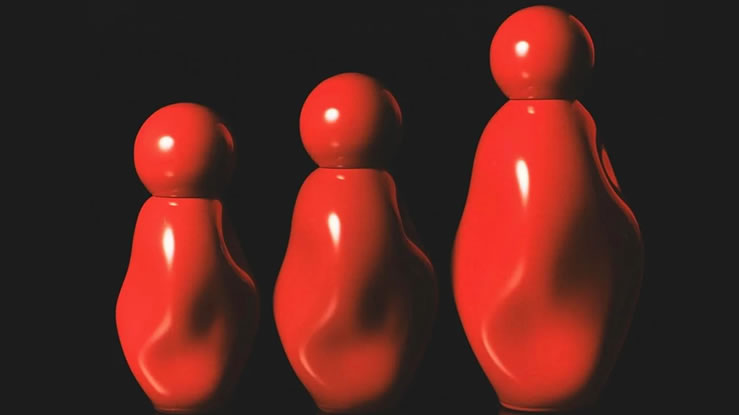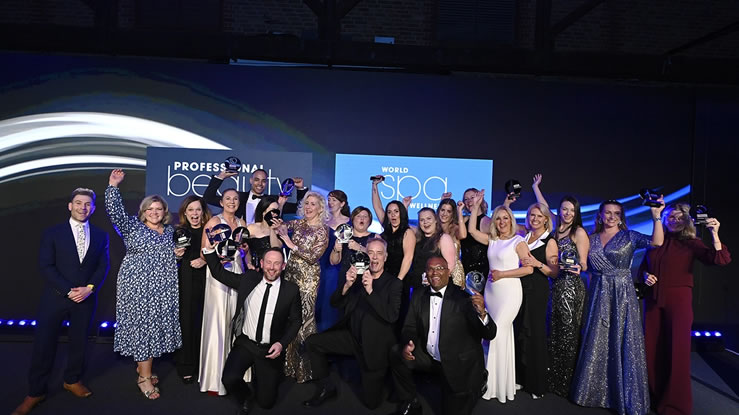Beauty culture transcends the superficial layers of physical appearance. It encapsulates a complex interplay of societal norms, historical influences, individual self-expression, and industry innovations. This article explores what beauty culture truly means, its significance in our lives, and how it continues to evolve in a globalized world.
The Origins of Beauty Culture
The concept of beauty has existed since the dawn of civilization. From ancient Egypt, where kohl-lined eyes symbolized wealth and power, to the Renaissance when rosy cheeks and pale skin were signs of nobility, beauty has always reflected societal values.
In ancient times, beauty rituals were often intertwined with spirituality and health. Cleopatra’s milk baths, for instance, were not just about enhancing physical allure but also symbolized purification and luxury. Over time, as societies evolved, beauty culture blended tradition, identity, and self-expression.
Beauty Culture Today: Beyond Physical Appearance
Today, beauty culture is about more than just looking good. It is a medium for self-expression, a source of empowerment, and, for many, a form of art. Let’s examine the various facets of modern beauty culture:
- Diversity and Inclusion: In the 21st century, beauty culture has embraced diversity. Brands and media now celebrate various skin tones, body types, and hair textures, challenging the Eurocentric standards that once dominated the industry.
- Self-Expression: Beauty is a powerful tool for individuals to express their unique identities. From bold makeup looks to intricate tattoos, beauty culture encourages creativity and individuality.
- Mental Health and Wellness: The modern approach to beauty prioritizes mental well-being alongside physical appearance. Skincare routines are seen as acts of self-care, and movements like “skin positivity” promote acceptance of natural imperfections.
- Sustainability: Consumers are increasingly demanding eco-friendly and cruelty-free products, reflecting a shift towards ethical beauty practices.
The Role of Social Media in Shaping Beauty Culture
Social media platforms like Instagram, TikTok, and YouTube have revolutionized beauty culture. Influencers and content creators play a significant role in setting trends and shaping public perceptions of beauty.
- Viral Trends: Social media fosters rapid dissemination of beauty trends, such as glass skin, bold brows, or the “clean girl” aesthetic.
- Educational Content: Tutorials and reviews empower consumers to make informed decisions about products and techniques.
- Community Building: Online platforms create spaces for people to share their beauty journeys and connect with like-minded individuals.
Challenges Within Beauty Culture
Despite its positive aspects, beauty culture faces criticism for perpetuating unrealistic standards and contributing to insecurities.
- Pressure to Conform: Filters and editing tools often present unattainable ideals, leading to body image issues.
- Cultural Appropriation: The commercialization of cultural beauty practices without proper acknowledgment remains a contentious issue.
- Overconsumption: The “fast beauty” trend encourages excessive consumption, raising concerns about environmental impact.
The Future of Beauty Culture
As society becomes more aware of these challenges, the future of beauty culture is poised to be more inclusive, ethical, and holistic. Key trends to watch include:
- Tech-Driven Beauty: AI-powered skincare analysis and virtual makeup try-ons are making beauty more personalized.
- Holistic Beauty: Emphasis on inner well-being, including nutrition, fitness, and mental health, as part of beauty routines.
- Cultural Appreciation: A deeper respect for traditional beauty practices, fostering a global exchange of ideas while maintaining cultural integrity.
Beauty culture is a dynamic and multifaceted phenomenon that reflects the values, aspirations, and creativity of society. By embracing diversity, promoting sustainability, and prioritizing mental well-being, we can ensure that beauty culture continues to evolve in a positive direction. Understanding its essence allows us to appreciate its impact on our lives while contributing to its growth in meaningful ways.
Relevant Articles

